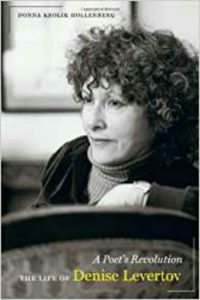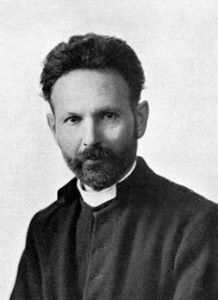Epiphany 4A, January 29, 2017; The Rev. Pamela L. Werntz
1 Corinthians 1:18-31 For God’s foolishness is wiser than human wisdom, and God’s weakness is stronger than human strength.
Matthew 5:1-12 Blessed…blessed…blessed.
O God of the strangest blessings, grant us the strength, the wisdom and the courage to seek always and everywhere after truth, come when it may, and cost what it will.
What a week. The other day, one of my colleagues asked a group of Central Boston clergy, “how are you preaching in times like these?” The swift and wise answer from another esteemed colleague was, “stay close to the Bible.” At first, I thought, “hey, my approach to preaching may be coming back into style!” That thought was quickly followed by my memory of a scene from the 1974 movie, Young Frankenstein, in which Frau Blücher, carrying a candelabra with three unlit candles warns, “stay close to the candles…the stairway can be treacherous!” But staying close to the sacred story, the Bible doesn’t work so well without the illumination of wisdom and learning, without the illumination of engagement of diverse communities across space and time, and without the illumination of Love (capital L). Wisdom and learning. Engagement of diverse communities. Love. If those three candles are lit, the stairway to the realm of God is not so treacherous. Continue reading




